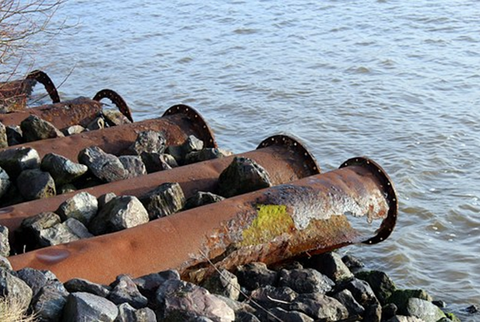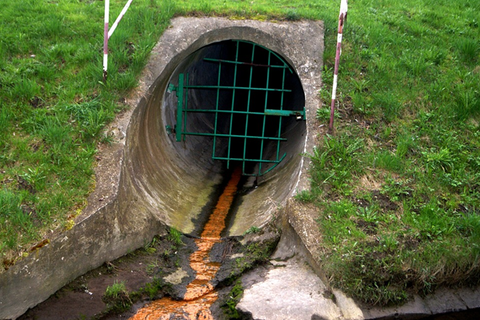Wastewater Treatment Overview
The term wastewater treatment refers to the process of converting wastewater, water that is no longer suitable for use or that is no longer required, into water that is safe to be discharged back into the surrounding environment. There are a number of activities that result in wastewater being created, in the home these could include bathing, washing, using the toilet, and rainwater collection and runoff. This wastewater can contain a number of containments either from the source or from human intervention this could include including bacteria, chemicals and other toxins. Any wastewater treatment will reduce the level of these to an acceptable amount in order for discharge into the environment to take place.

Waste water treatment is hugely beneficial is number of ways; treated water can be reused and recycled for things such as irrigation, if it is to be discharged the environment in which it is released into will remain clean and free from contamination and waterborne diseases can be eradicated. Tackling pollution is of great importance and has recently made headlines around the world particularly with regards to the amount single use plastic in the oceans; wastewater treatment addresses a huge number of issues and here in the UK we are world leaders in ensuring that what we do treat is returned to the environment in the most friendly and hygienic way possible.
In a landmark case brought to court in 2017 Thames Water were fined a record £20,361,140.06. Six separate cases were brought against Thames Water who were accused of causing widespread, repeated, sustained and avoidable pollution at a number of sites from 2012 to 2014. To date this still remains the biggest freshwater pollution case in the history of the Environment agency.
The incidents occurred from Thames Water’s waste water treatment plants in Oxfordshire, Buckinghamshire and Berkshire where sewage was repeatedly discharged illegally into the river Thames and its tributaries. This untreated sewage, amounting to millions of litres a day, resulted in major environmental damage along 14 kilometres of the river causing the deaths of birds, fish and invertebrates.
Sir James Bevan, Chief Executive of the Environment Agency, said:
“Water and sewerage companies provide a vital service to the community. Where they experience problems through no fault of their own we will always work with them to resolve them but where negligence causes serious pollution, or a serious threat to the environment, we will seek the strongest possible penalties”.
“This case sends a clear signal to the industry that safeguarding the environment is not an optional extra, it is an essential part of how all companies must now operate”.

Most of the wastewater treatment plants in the UK treat water either from homes or business. Large scale refineries and manufacturing facilities more often than not have their own on site facilities to do this. However water is treated whether it is by a septic tank at home or a large scale wastewater treatment plant, the aim remains the same, to return waste water back to the environment in a safe and efficient manner.